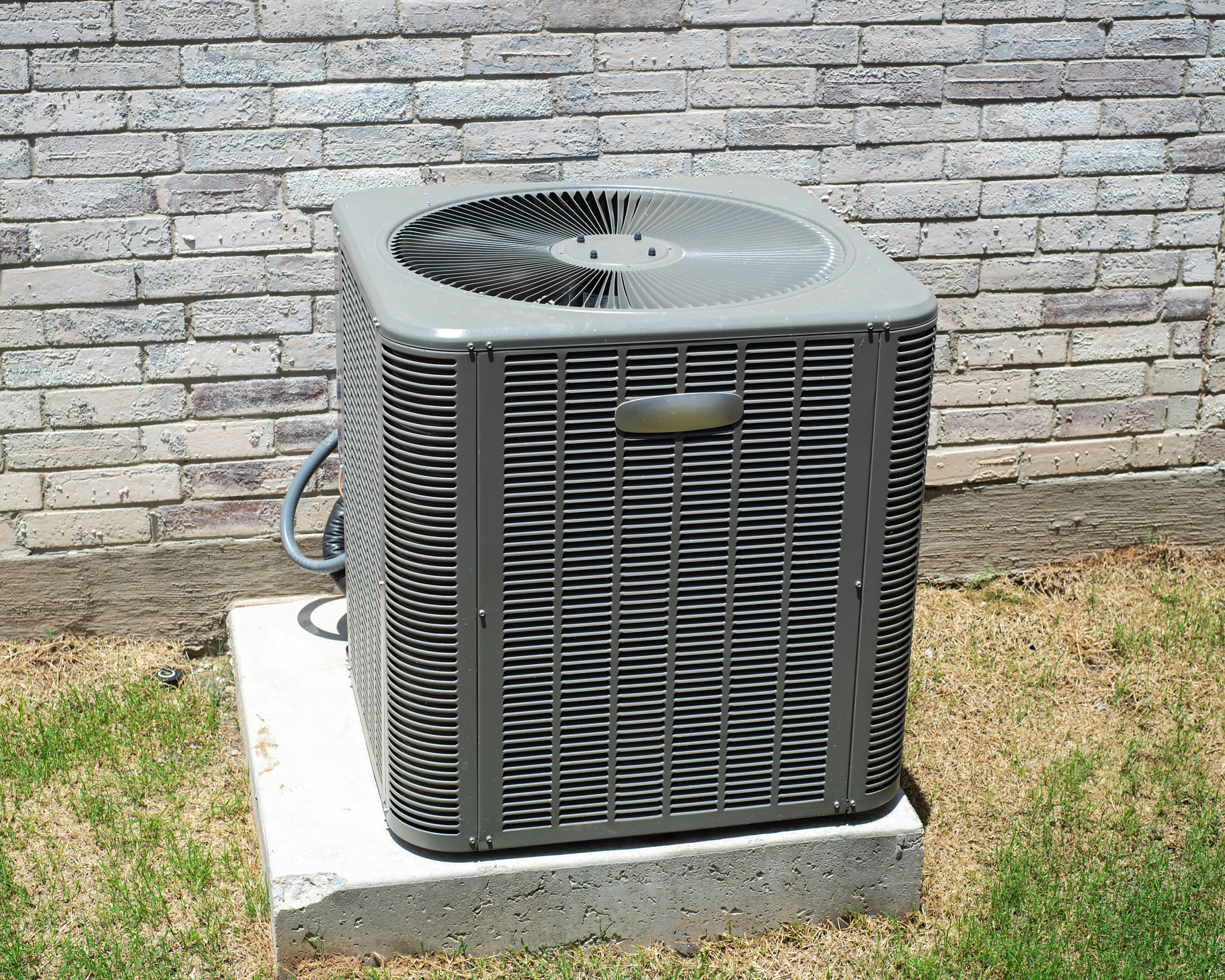Expert Advice on Choosing the Right HVAC System for Your Home
HS
Understanding Your HVAC Needs
Choosing the right HVAC system for your home is essential for maintaining comfort throughout the year. With numerous options available, making the right choice can be daunting. Understanding your specific needs is the first step. Consider factors such as the size of your home, the local climate, and your budget. Each of these elements will influence the type of system that will work best for you.
Your home's size is crucial because an HVAC system that is too large will cycle on and off too frequently, while one that is too small will struggle to maintain a consistent temperature. Additionally, the local climate will determine whether you need a system more focused on heating or cooling.

Types of HVAC Systems
There are several types of HVAC systems to consider, each with its own advantages and disadvantages. The most common types include split systems, hybrid systems, ductless systems, and packaged heating and air systems.
Split Systems
Split systems are the most traditional type of HVAC system, consisting of components both inside and outside the home. They typically include an air conditioner to cool the refrigerant and a furnace to heat it. This system is ideal for homes with existing ductwork.
Hybrid Systems
Hybrid systems are similar to split systems but are designed to offer greater energy efficiency. These systems can automatically switch between electricity and gas power, depending on which is more energy-efficient at the time.

Ductless Systems
Ductless systems are a great option for homes without existing ductwork. They consist of an outdoor unit and one or more indoor units, offering flexibility in installation and zoning within the home. This allows homeowners to control temperatures in individual rooms independently.
Energy Efficiency Considerations
Energy efficiency is a critical consideration when selecting an HVAC system. Look for systems with high SEER (Seasonal Energy Efficiency Ratio) ratings for air conditioning and high AFUE (Annual Fuel Utilization Efficiency) ratings for furnaces. These ratings indicate how efficiently the system operates under normal usage conditions.
Investing in an energy-efficient system can lead to significant savings on your utility bills over time. Consider systems with ENERGY STAR® certification, which meet strict efficiency guidelines set by the U.S. Environmental Protection Agency.

Professional Installation
Once you've selected the right HVAC system, professional installation is crucial to ensure optimal performance. An experienced HVAC technician will ensure that your system is installed correctly and operating efficiently. They will also be able to offer advice on maintenance practices to extend the life of your system.
Regular maintenance is essential for keeping your HVAC system running smoothly. Scheduling annual check-ups with a professional can help identify potential issues before they become major problems, ensuring that your home remains comfortable year-round.
Making an Informed Decision
Choosing the right HVAC system involves careful consideration of multiple factors to meet your home's specific needs. By understanding the different types of systems available and considering energy efficiency, you can make an informed decision that will provide comfort and savings for years to come.
Ultimately, consulting with a trusted HVAC professional can provide additional guidance tailored to your unique situation, ensuring that you select a system that best fits your home and lifestyle.
